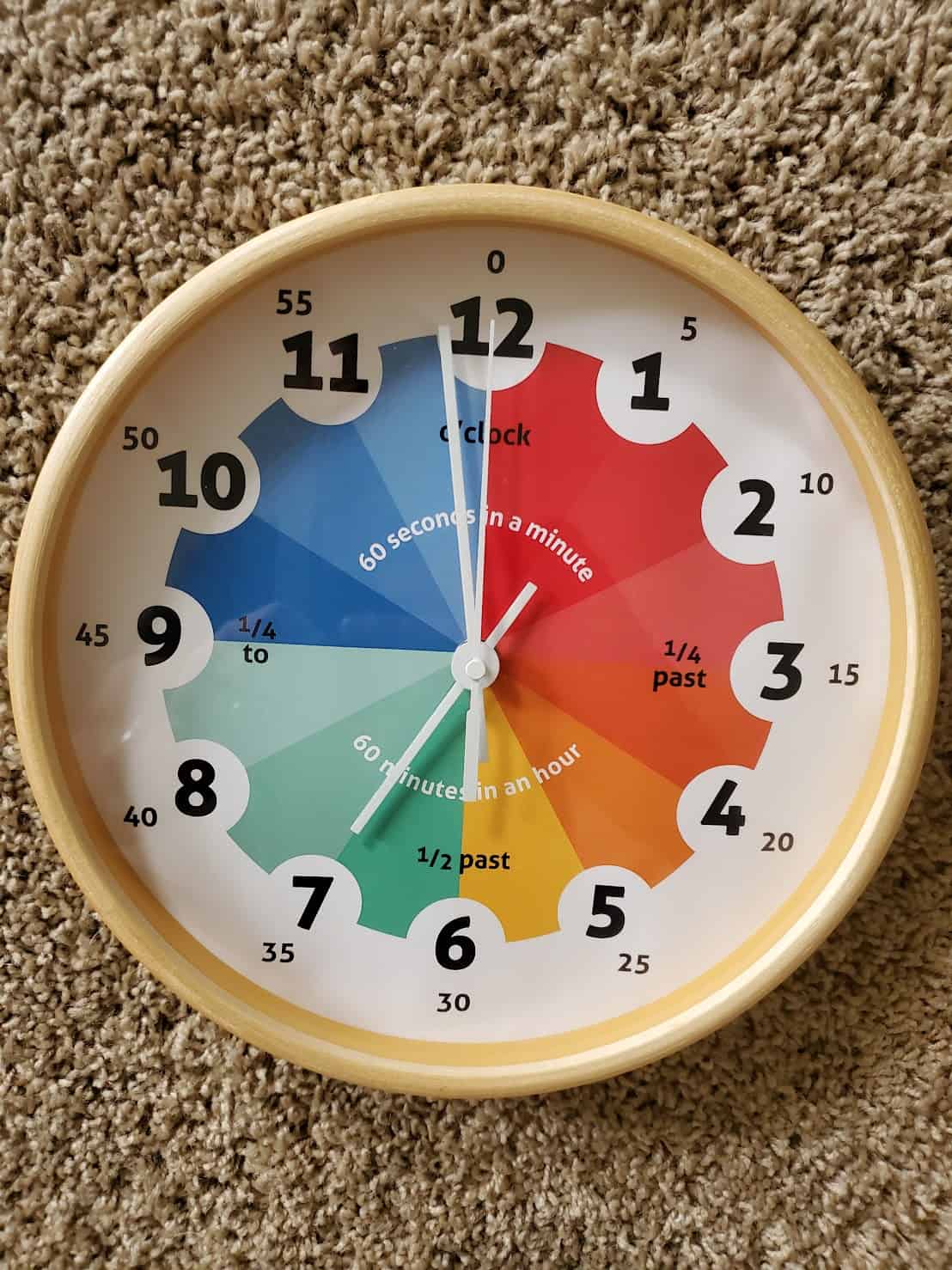
About a decade ago, a Chicago-based professional sports team decided to purchase a culture assessment package and gift it to their most tenured business partner – a local physical therapy and rehabilitation provider. Their intent was to make an investment in the partnership whose organizational wellness most impacted their team’s strength and resilience. The leadership team from the rehab provider was initially confused – why would their client make a financial investment in their growth?
The professional sports team leaders knew that the rehab entity was branded by innovation. They competed in the physical therapy market by boasting the best medical techniques and equipment rather than having the most brick & mortar locations. Their benefactor was also aware that they were on the threshold of a major purchase of state-of-the-art equipment that would require a steep learning curve for their clinicians.
The culture assessment tool was designed to determine readiness for innovation. The metrics would specifically indicate the team’s alignment with company mission and the degree of trust built into the organization’s culture. The data report would provide a veritable ‘thumbs-up’ or ‘thumbs-down’ on the timing of their growth plan.
The result was a resounding endorsement of the recipient’s readiness to expand. They expressed gratitude for the generosity of their partner’s gift, while their partner quietly basked in the knowledge that they had helped themselves by helping their friend. Had the assessment metric indicated otherwise, the same outcome would have unfolded eventually – the rehab team would have just needed to make a reinvestment in mission clarity (2 o’clock) and trust (5 o’clock) to ensure a sufficient foundation for their 7 o’clock stage.
Like any living thing that develops in stages and cycles, what happened last has a vital influence on what happens next. Each stage inherits both the strengths and weaknesses of the previous stage. That’s the beauty of a team cycle – you always get another chance.
Whether relationship, team, or organization, we frequently get to decide if we’re going to make the same mistake again or learn from our past – over and over again. It’s always almost 7:00.

